Songs for the Dead: Cross-Cultural Perspectives on Lament and Elegy
2017 Mellon Symposium
Organized by Kristen Mills
March 23-24, 2017
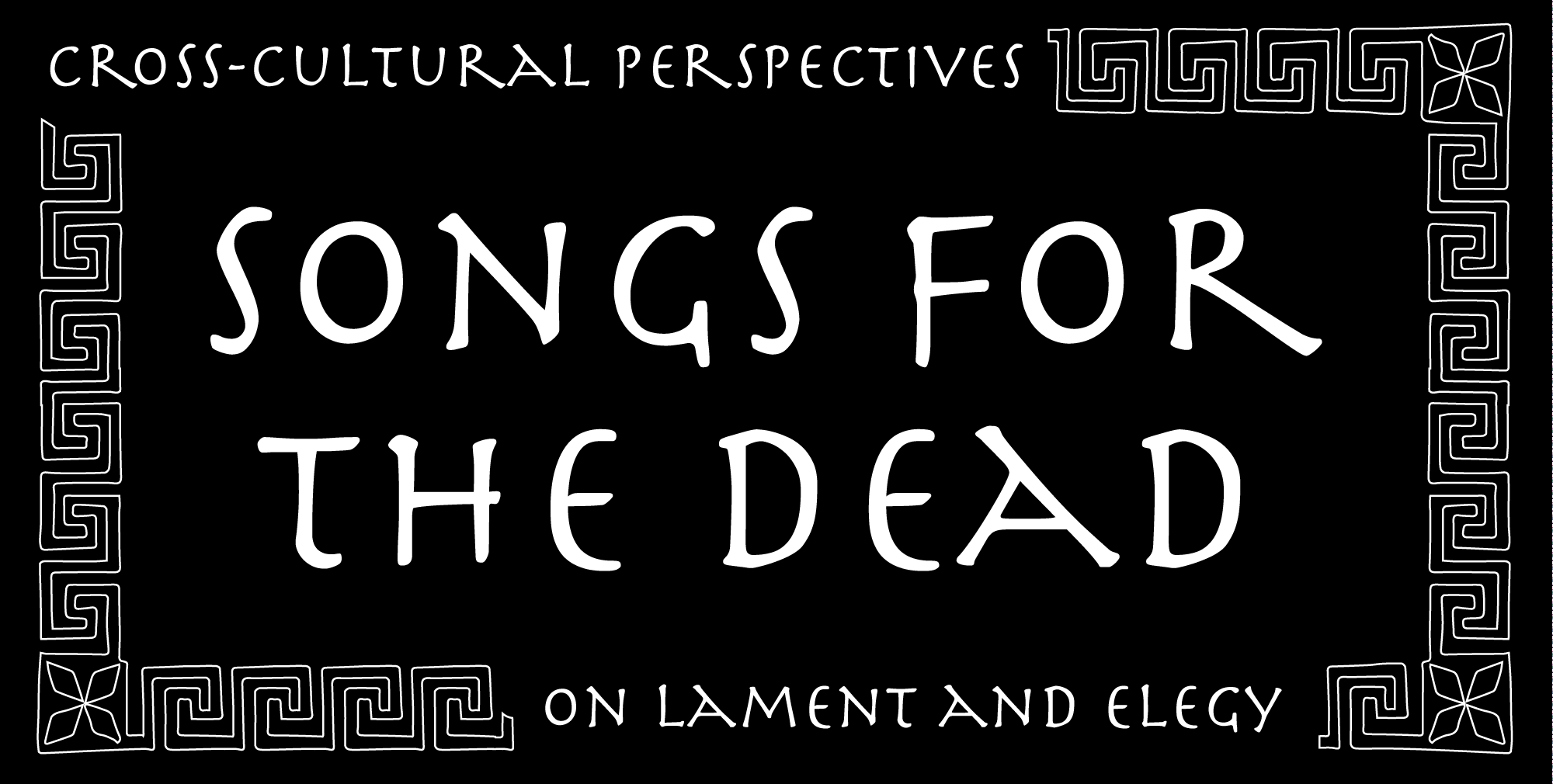
"Songs for the Dead: Cross-Cultural Perspectives on Lament and Elegy" brings together scholars working on lament and elegy in several cultural traditions. The comparison and juxtaposition of ancient, medieval, and modern traditions of lament and elegy is intended to foster dialogue among and across disciplines.
Verbal arts have long played an important role in mediating experiences of grief and loss. Although the practice has largely died out in the modern West, there is a long tradition of ritually mourning through quasi-improvised songs of lament, performed during the funeral rites or at the graveside. Alongside this (primarily) oral tradition we find elaborate, highly-wrought elegiac compositions, which themselves may be modeled on or borrow from the lamenter’s art. Among the topics that we will consider are the role of emotion in lament, the relationship between lament and gender, the intersection of orality, performance, and literacy, the purpose and function of mourning rituals, and the social role of the lamenter.
Sponsored by the John B. Hurford ’60 Center for the Arts and Humanities, the Tuttle Creative Residencies Program, and the Distinguished Visitors Program.
Schedule
Thursday, March 23, 2017
5:00–6:30 p.m.
Finnish Lament Traditions, Ancient and Modern: Expressing Emotion through Song
Songs for the Dead Opening Performance by Pirkko Fihlman and Virve Kallio
MacCrate Recital Hall
Friday, March 24, 2017
All events in Stokes 102 unless noted otherwise. View Campus Map
9–9:30 a.m.
Introductory Remarks
Kristen Mills
9:30–11 a.m.
1st Session
“Mourning Achilles: Achilles and the Captive Woman’s Lament in Iliad 19”
Casey Dué (University of Houston)
“Containing Passion: The Structuring of Grief in Greek Lament”
Gail Holst-Warhaft (Cornell University)
11:00–11:15 a.m.
Break
11:15 a.m.–12:45 p.m.
2nd Session
“‘No Feigned Grief Mine’: Emotion and Expression in the Irish Lament Tradition”
Alexandra Bergholm (University of Helsinki)
“Beginnings and Endings in the Elegiac Poetry of the Early Medieval North”
Joseph Harris (Harvard University)
12:45–2 p.m.
Lunch
Multicultural Center, Stokes 106
2–3:30 p.m.
3rd Session
“The Poetry of Everlasting Grief and Separation”
Eila Stepanova (University of Helsinki)
“Reviving Finnish Lament”
Pirkko Fihlman (President of the Finnish Lament Society)
3:30–3:45 p.m.
Break
3:45–5:15 p.m.
Roundtable for All Panelists
Moderator: Kristen Mills
5:15–5:30 p.m.
Concluding Words
Kristen Mills
Speakers

Alexandra Bergholm
Dr Alexandra Bergholm is a Lecturer in the Study of Religions at the University of Helsinki, Finland. After completing her MA and PhD degrees in Helsinki, she has held postdoctoral visiting fellowships at the Department of Early and Medieval Irish at University College Cork (2011-12) and the School of Divinity at the University of Edinburgh (2015-16). Her research interests lie in the study of early medieval religious cultures, with a particular focus on processes of Christianization, death rituals, and affective piety.
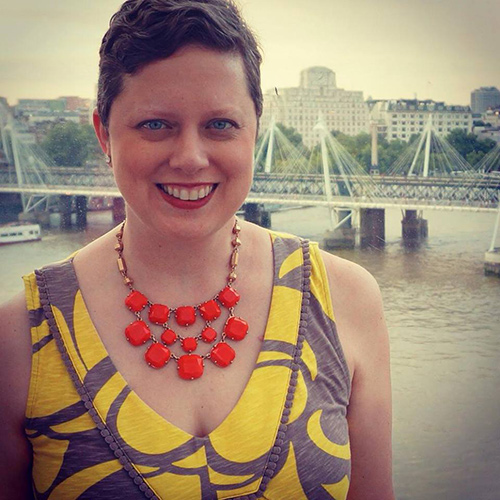
Casey Dué
Casey Dué is Professor and Director of Classical Studies at the University of Houston, as well as Executive Editor at the Center for Hellenic Studies in Washington, DC. Publications include Homeric Variations on a Lament By Briseis (Lanham, MD, 2002), The Captive Woman’s Lament in Greek Tragedy (Austin, TX, 2006), and Iliad 10 and the Poetics of Ambush: A Multitext Edition with Essays and Commentary (Cambridge, MA, 2010). She is the editor of Recapturing a Homeric Legacy: Images and Insights from the Venetus A Manuscript of the Iliad (Cambridge, MA, 2009) and co-editor (together with Mary Ebbott) of the Homer Multitext (http://www.homermultitext.org).
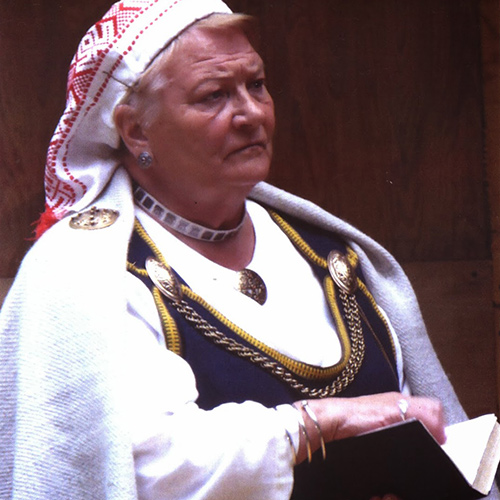
Pirkko Fihlman
Pirkko Fihlman studied in England, the United States, and Finland, where she earned a degree from the School of Social Work. She did fieldwork in the Baden Street Settlement in Rochester, NY, and worked at the Helen Keller Center in Jerusalem. She retired as the director of a daycare center in 1995. Fihlman’s great-grandmother was a lament singer in Karjala, and Fihlman began teaching lament courses in 1998; in 2001, she and her husband, Ensio, founded the Finnish Lament Society (Äänellä itkijät ry). She has been the president of the Finnish Lament Society from its inception. The Society has held over 200 courses, and 1700 people have attended these courses to learn how to perform laments. Fihlman has performed over 100 laments on different occasions, and performed in Pilar Mata Dupont’s short film “Kaiho II.”
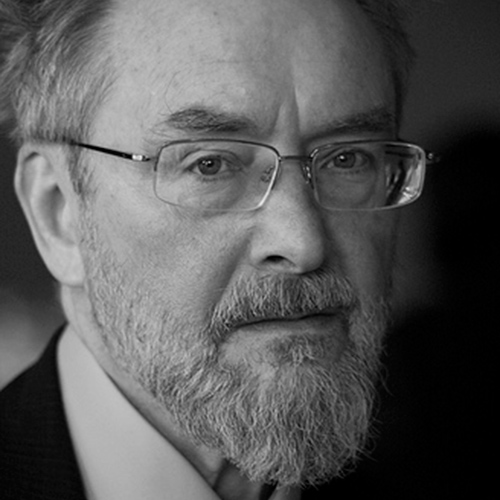
Joseph Harris
Joseph Harris is the Francis Lee Higginson Research Professor of English Literature and Research Professor of Folklore. Having retired in 2012 from teaching in the Harvard English Department and Program in Folklore and Mythology, he continues to pursue research and writing on Anglo-Saxon philology and Old Norse mythology and literary culture. He has been fortunate to receive support from a series of fellowships from 1961 through 2002, culminating in the Netherlands Institute for Advanced Study (2005-06) and most recently in the first annual Sophus Bugge Lecture in Oslo (March 2016) under the title “Eddic Poetry as World Literature.” A representative recent essay on “Traditions of Eddic Scholarship” forms a chapter in the 2016 Handbook to Eddic Poetry (Cambridge UP). Some principal themes in his scholarship have been: orality and art in the saga literature and eddic poetry; the elegiac in various forms, including runic inscriptions; and recently the traditional ballad in its relation to eddic poetry.
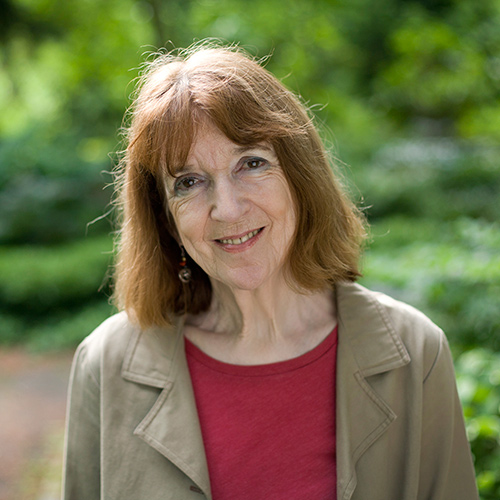
Gail Holst-Warhaft
Besides being a poet, Gail Holst-Warhaft has been a journalist, broadcaster, prose-writer, academic, musician, and translator. Among her many publications are Road to Rembetika, Theodorakis: Myth and Politics in Modern Greek Music, The Collected Poems of Nikos Kavadias, Dangerous Voices: Women’s Laments and Greek Literature, The Cue for Passion: Grief and its Political Uses, I Had Three Lives: Selected Poems of Mikis Theodorakis, and Penelope’s Confession. She has published translations of Aeschylus and a number of Greece’s leading novelists and poets. Her poems and translations of Greek poetry have appeared in journals in the US, UK, and Australia. Her Kavadias translations won an award from Columbia University. Her latest book, The Fall of Athens, is a collection of poetry, essays and stories about Greece, published by Fomite Press.
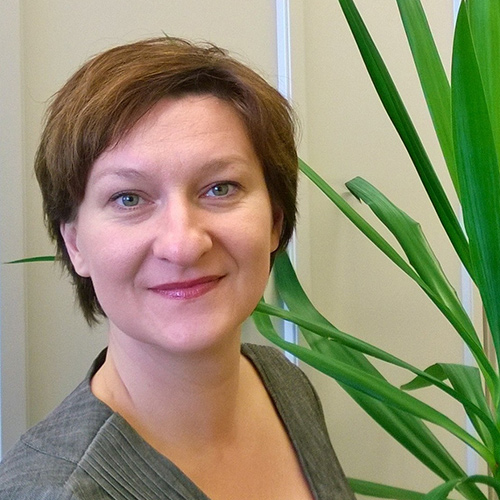
Eila Stepanova
Eila Stepanova is a Finnish folklorist specializing on Karelian lament poetry and more broadly on North Finnic lament poetry. She received her doctoral degree at the University of Helsinki (Finland) in 2014. Stepanova’s key theoretical interests are in Oral-Formulaic Theory and Register Theory. She is recognized as the foremost active expert on Karelian laments and as an expert in Karelian culture more generally with a variety of fieldwork experience.
Organizer
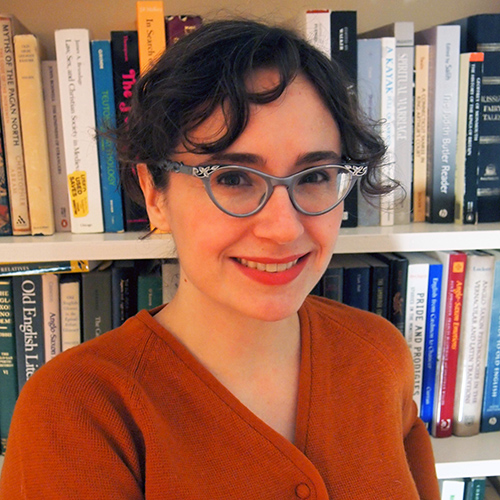
Kristen Mills
Kristen Mills is the HCAH’s 2015–17 Mellon Postdoctoral Fellow and Visiting Assistant Professor of English. She holds degrees in English literature from Cornell University (BA) and in Medieval Studies from the University of Toronto (MA, PhD). Mills’ interdisciplinary research focuses on the history of emotions, constructions of gender, and the cultural history of death and dying; she has published articles and book chapters on Old Norse-Icelandic, Old and Middle Irish, and Old English texts. In 2017, she will begin a three-year postdoctoral fellowship in the University of Oslo’s Department of Linguistics and Scandinavian Studies.